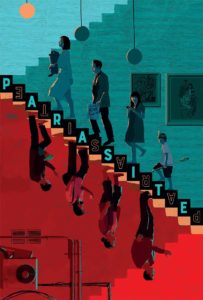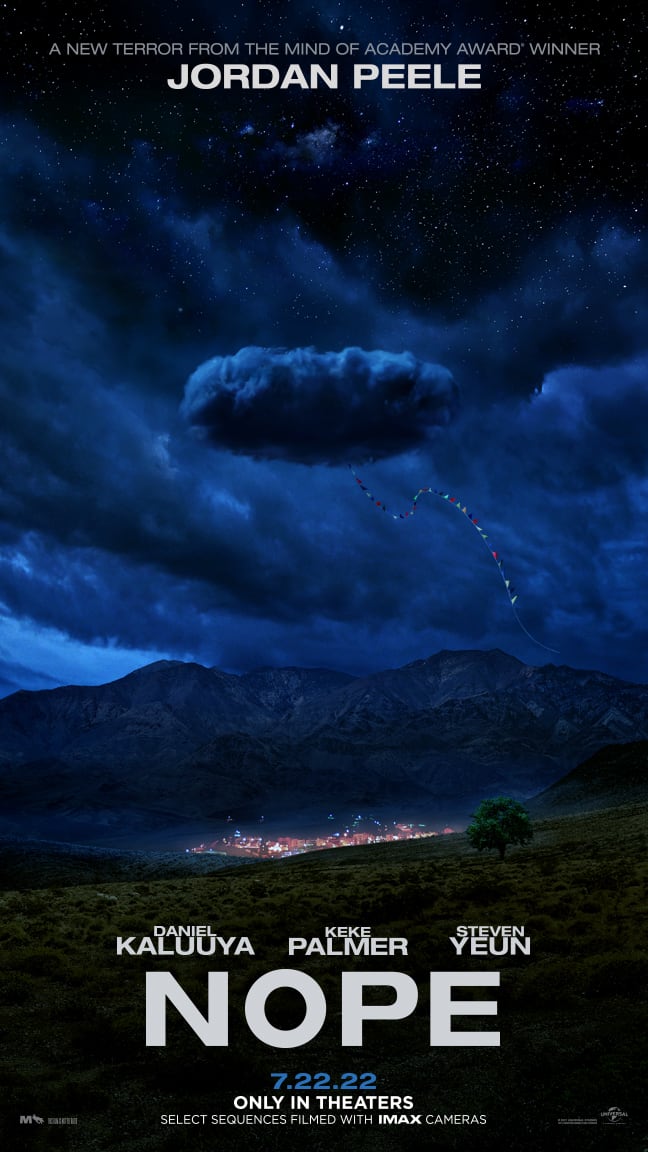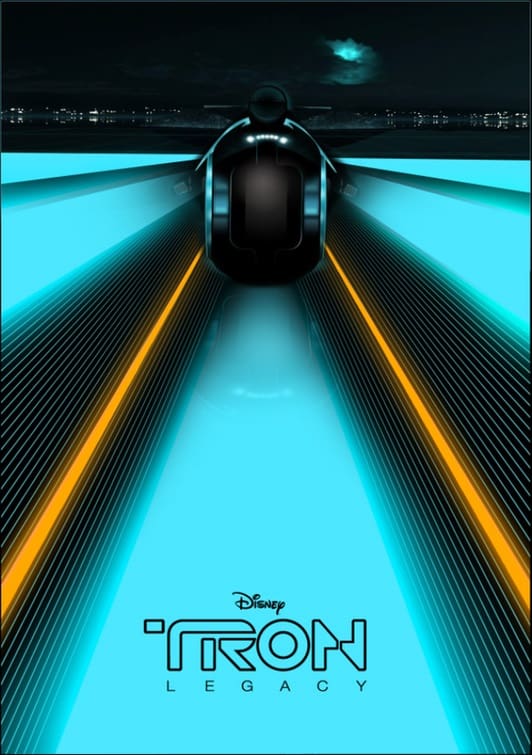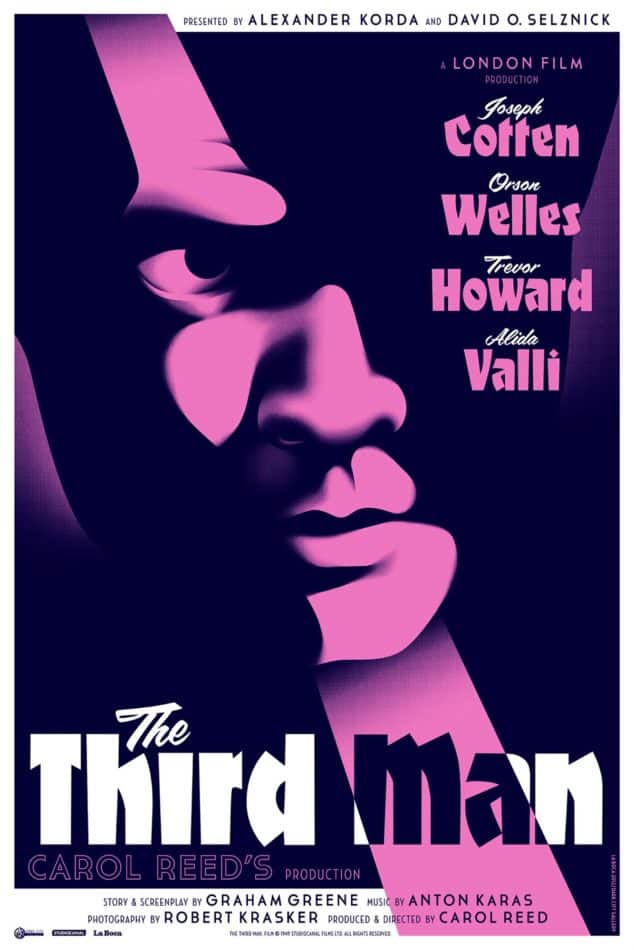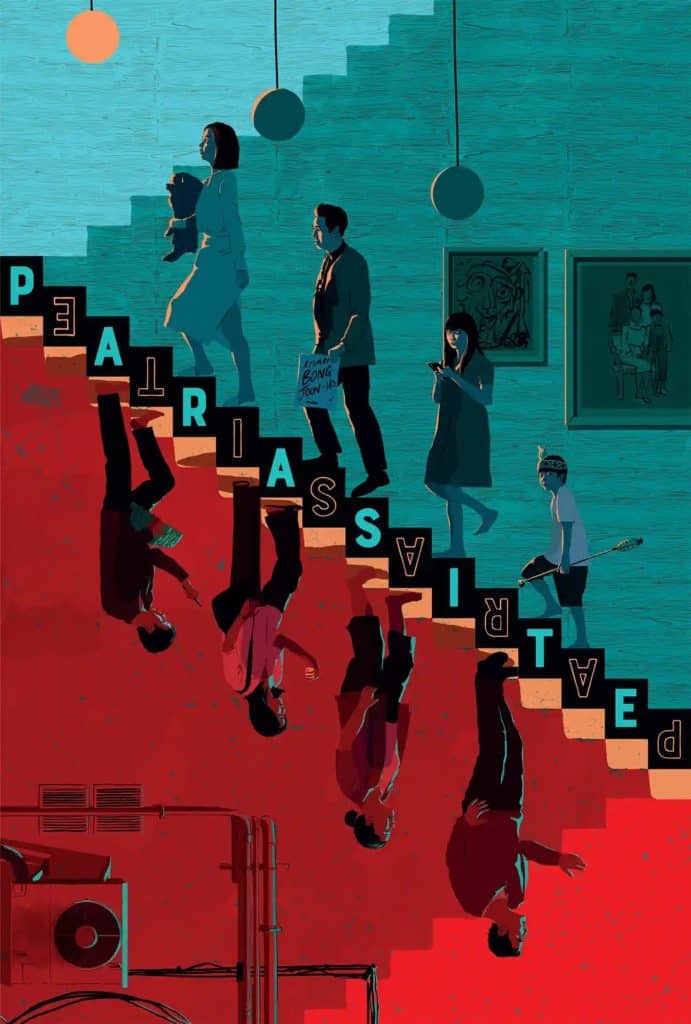
It is no secret that Bong Joon Ho’s Parasite focuses upon class inequality, tension, and mobility. Composer Jung Jae Il’s supremely elegant score embodies this struggle.
The early moments of the score are rather sparse, largely consisting of Jung introducing the score’s main theme – an often varied, somber and ascending piano motif, reflecting the dream of upward mobility. “The Belt of Faith,” a seven-minute long bombastic, Baroque-like song accompanying a montage of the Kim family’s schemes toward wealth. The opulence of this cue, conjuring images of grandeur, becomes a hyperbolic vision of the Kim’s own goals and their realization. While the gloomy theme remains in the background, the song’s climax features perhaps the most optimistic moment of the score – the culmination of years of hopes and dreams.
But Jung does not let this last, as darkness and conflict find their way throughout the remainder of the score. The majestic, classical elements largely (but not entirely) disappear and are replaced by darker atmospheric elements. There are even hints of horror, such as the occasional piercing, discordant sounds or the yawning maw that eventually opens in “Water, Ocean.” The jubilant promise Jung’s score began with collapses into a dark reality. It becomes a pit in which listener and character alike fall; a nightmare of capitalism.
